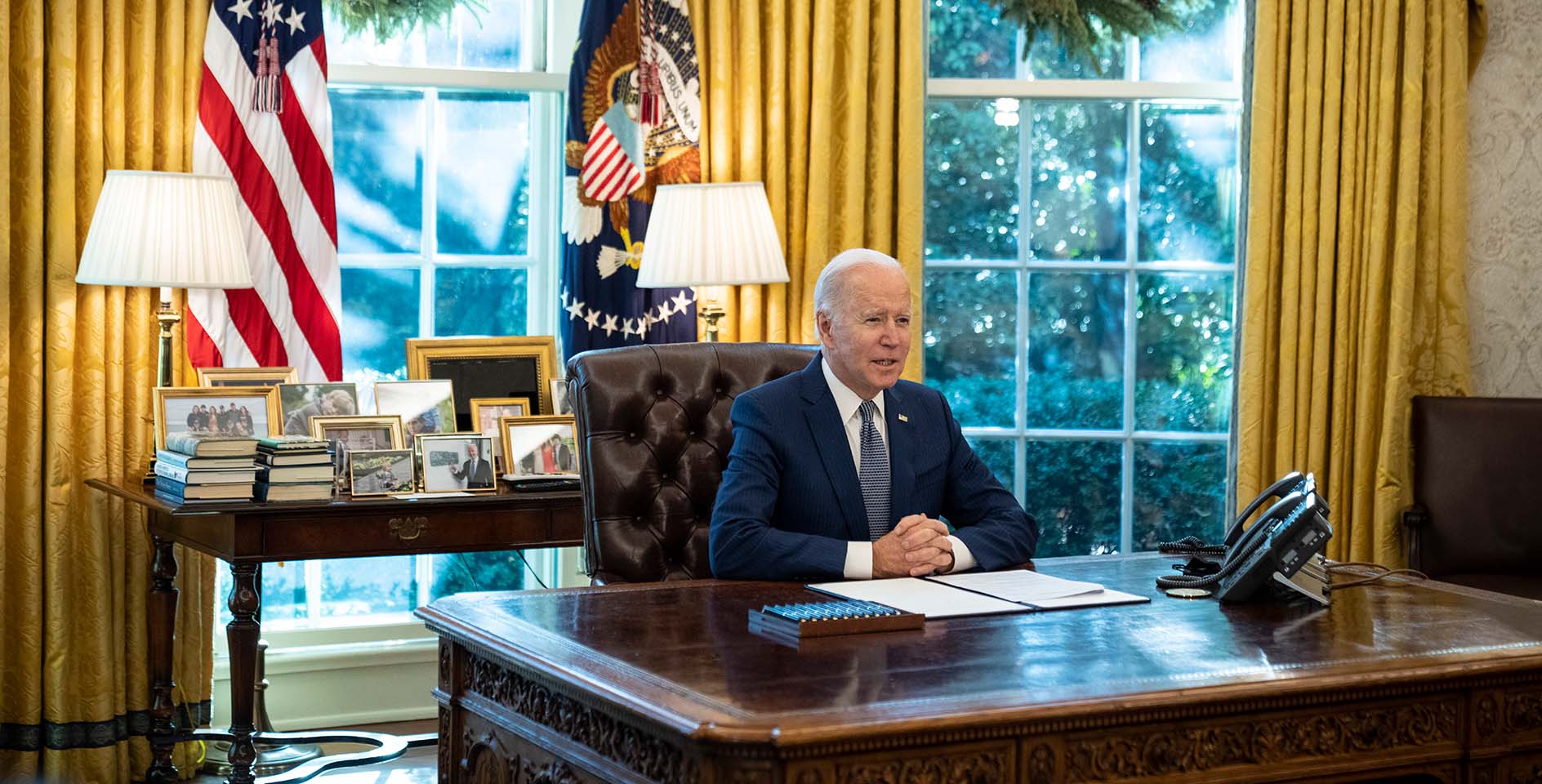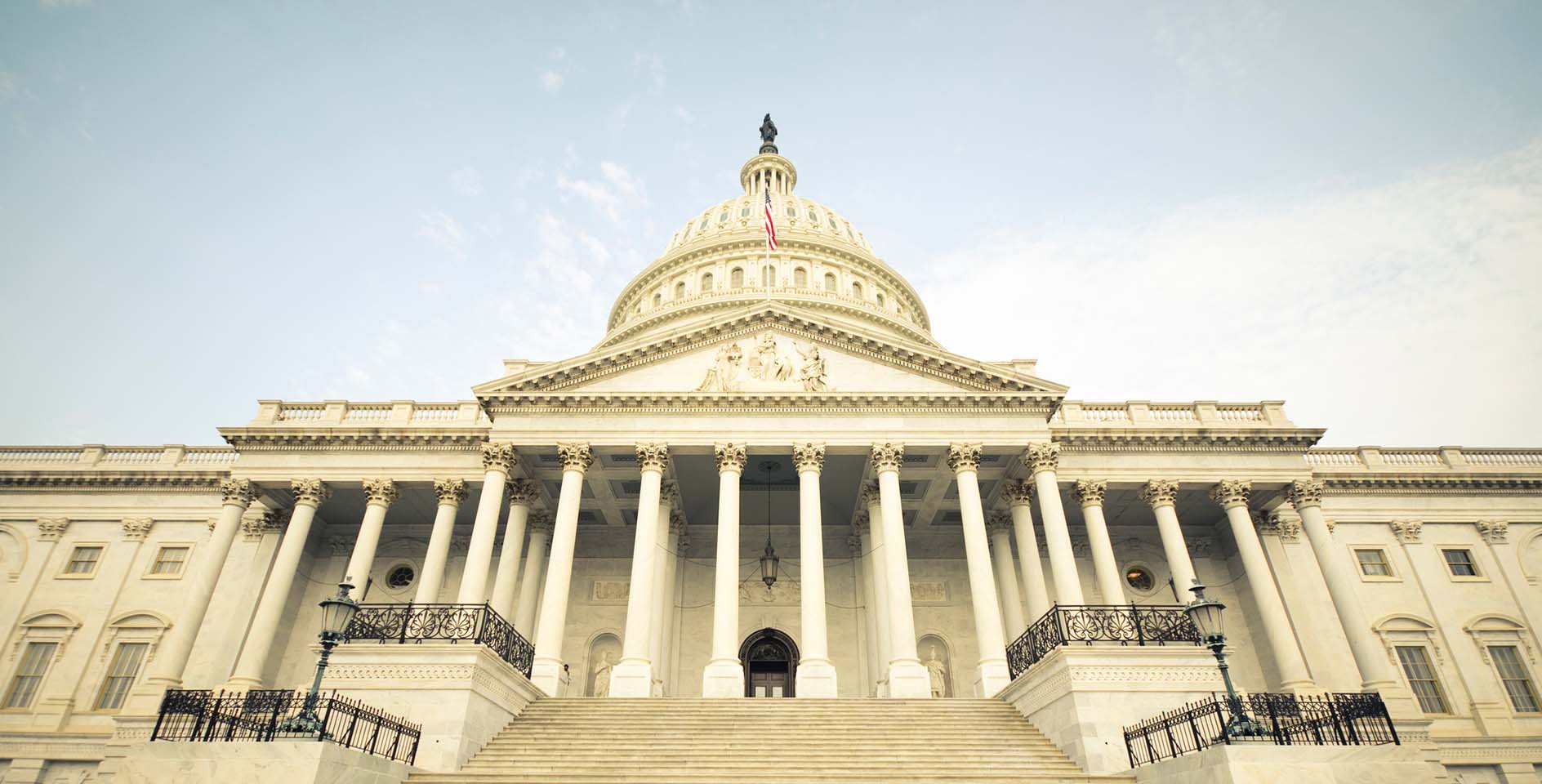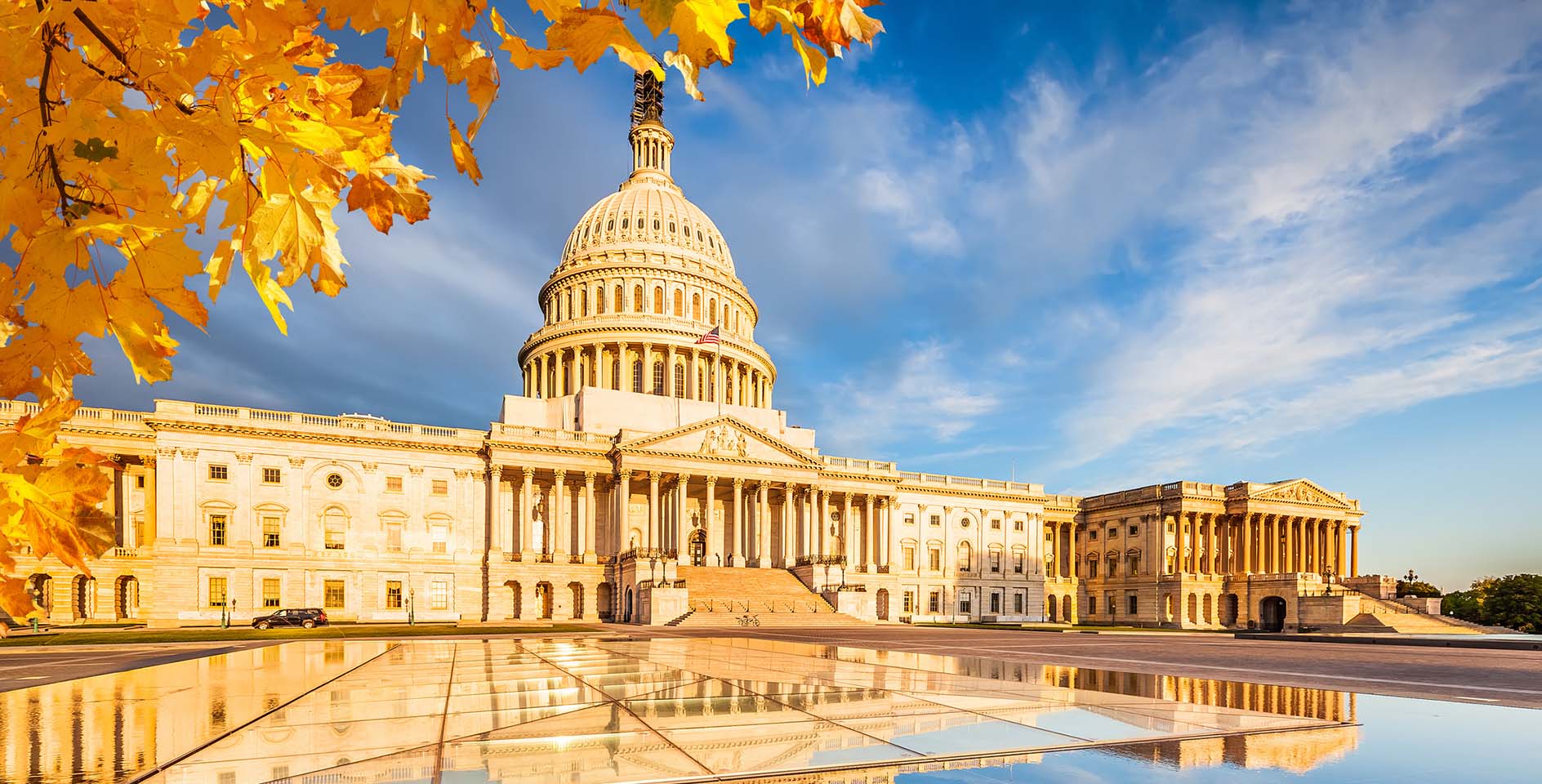This week, both the House and Senate passed an appropriations bill, which President Trump is expected to sign, that includes a repeal of the troubling tax on all nonprofits, including churches, found in Section 512(a)(7) of the Internal Revenue Code. If left in the tax code, this small provision would have extracted $1.7 billion from the charitable sector over the next decade.
What tax was repealed?
In 2017, Republicans in Congress passed their long-promised tax reform legislation, the Tax Cuts and Jobs Act. Included in the package was a provision that created a new 21% tax on the value of some of nonprofit employees’ benefits.
Because of the change, tax-exempt organizations that provide parking or transit benefits to their employees were subject to unrelated business income tax on the cost of the parking provided. Even by simply allowing its employees to park in a parking lot or garage, that part of the organization’s facilities was subject to a tax on the cost of the parking provided.
As a result of the law, many churches, charities, religious schools, and hospitals were required to start filing federal Form 990-T, regardless of whether they actually engage in any unrelated business activity. In addition to filing federal income tax returns, some nonprofit employers were required to file state income tax returns and possibly pay a state income tax.
Why was such a provision included in the original legislation?
The purpose of the change was to provide parity between for-profit and nonprofit employers on taxing employees’ benefits. But as Politico noted at the time, because nonprofits don’t pay income taxes, lawmakers couldn’t take away fringe-benefit deductions. Instead Republican lawmakers created a new 21% tax on the value of some of nonprofit employees’ benefits, such as free parking.
Why should churches and religious organizations receive such tax exemptions?
Like many nonprofit organizations, religious organizations in the United States are almost always exempt from federal, state, and local taxes because they provide vital charitable benefits to society. However, an even stronger reason for maintaining such exemptions is because they maintain a distinction between the state and the church.
As law professors Richard W. Garnett and Paul J. Schierl explain, the separation of church and state is not a reason to invalidate or abandon these tax exemptions but is instead a powerful justification for retaining them:
The point of church-state “separation” is not to create a religion-free public sphere. It is, instead, to safeguard the fundamental right to religious freedom by imposing limits on the regulatory—and, yes, the taxing—powers of governments. After all, as Daniel Webster famously argued in the Supreme Court (and the great Chief Justice John Marshall agreed) the power to tax involves the power to destroy, and so we have very good reasons for exercising that power with care—especially when it comes to religious institutions.
In complying with this tax law, churches would have needed to take new measures—such as hiring tax specialists and filing federal tax returns—that would make it easier for the federal government to regulate houses of worship.
What is ERLC’s official position on the issue?
ERLC joined the Unrelated Business Income Tax (UBIT) coalition, which includes more than 40 tax-exempt organizations, in supporting a repeal of the tax law. When the repeal passed the House of Representatives, ERLC President Russell Moore welcomed this relief for churches and nonprofit organizations throughout the country, stating:
“It’s not every day that Congress finds bipartisan areas of agreement. Thankfully, the House did just that, repealing the parking lot tax on nonprofits and houses of worship in their appropriations bill. This is essential progress in the right direction for an issue with bipartisan and bicameral support. Now it’s time for the Senate to finish the task and end this troublesome tax. Churches must not be seen as untapped sources of government revenue. I am grateful for the House leadership and the members who worked hard for this tax to be repealed and look forward to this burden being lifted from nonprofits around the country.”
Read more:
Does your church need to pay the “parking lot tax”? by Elaine Sommerville and Frank Sommerville
ERLC Supports Technical Fix of Tax Law on Church Parking Taxation by Policy Staff
ERLC Delivers Coalition Letter to Congress Calling for Repeal of Parking & Transportation Tax on Houses of Worship and Non-Profits by Elizabeth Bristow









